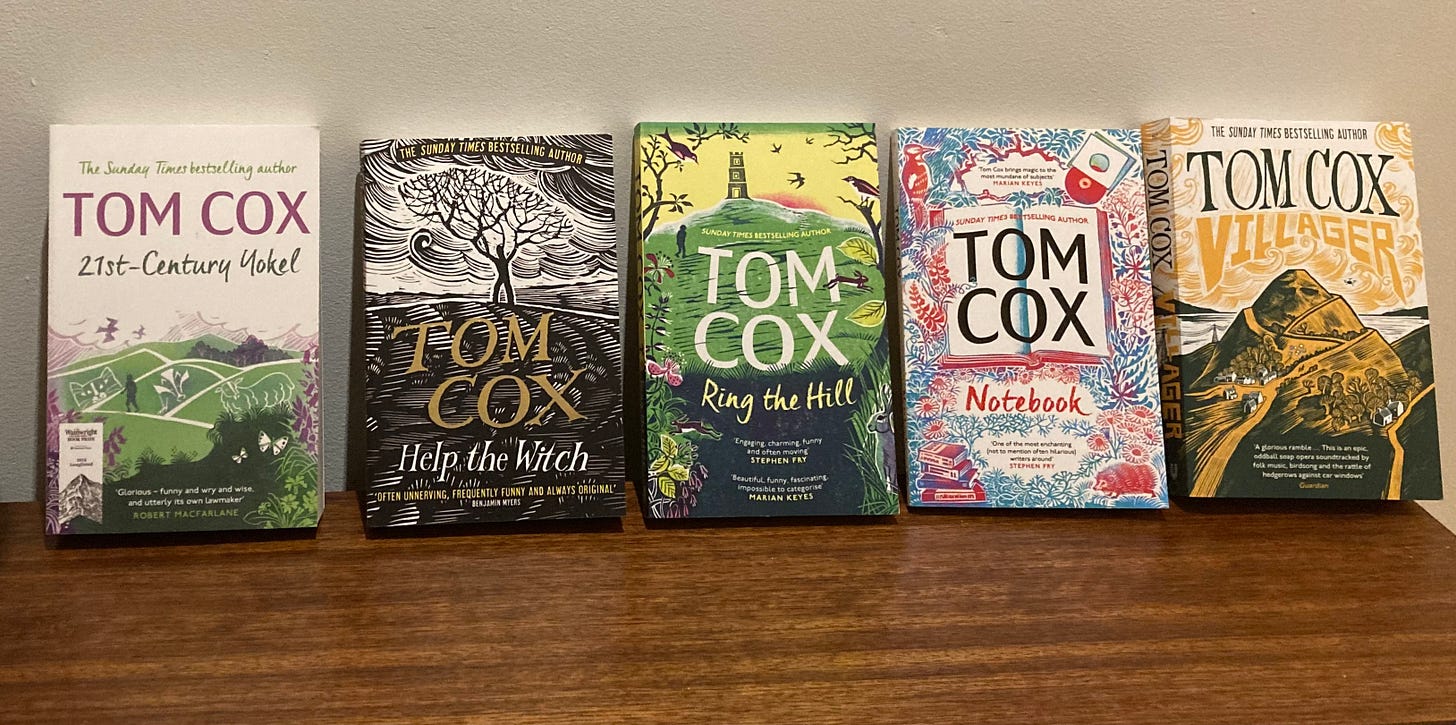The Way Publishing Works
(Sorry for the three posts in as many days. I promise I'll calm it down a bit after this.)
Loosely speaking, the way publishing works is that you get a few books and authors that publishers, and the industry as a whole, gabble a lot about and really put some weight behind. Some of those books are very good, and some aren’t, but that’s not really the point. They’re big books, buzz books, and the sheer heft of coverage and chat about them makes…
Keep reading with a 7-day free trial
Subscribe to The Villager to keep reading this post and get 7 days of free access to the full post archives.




